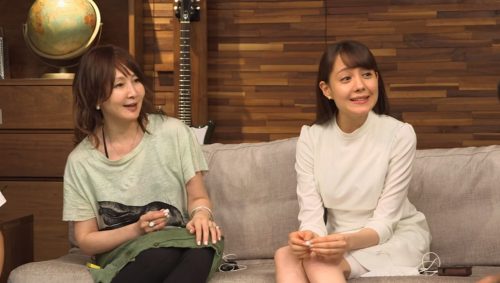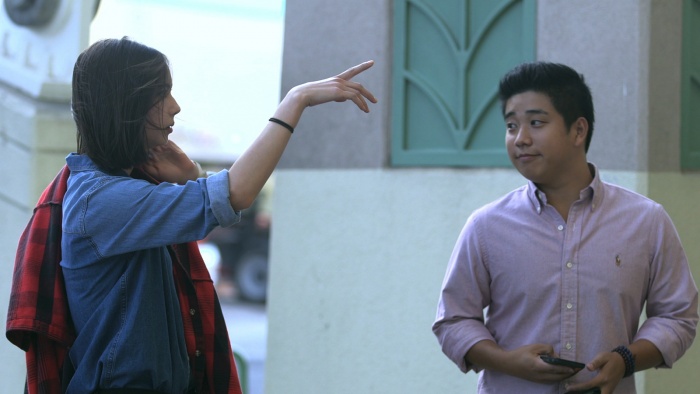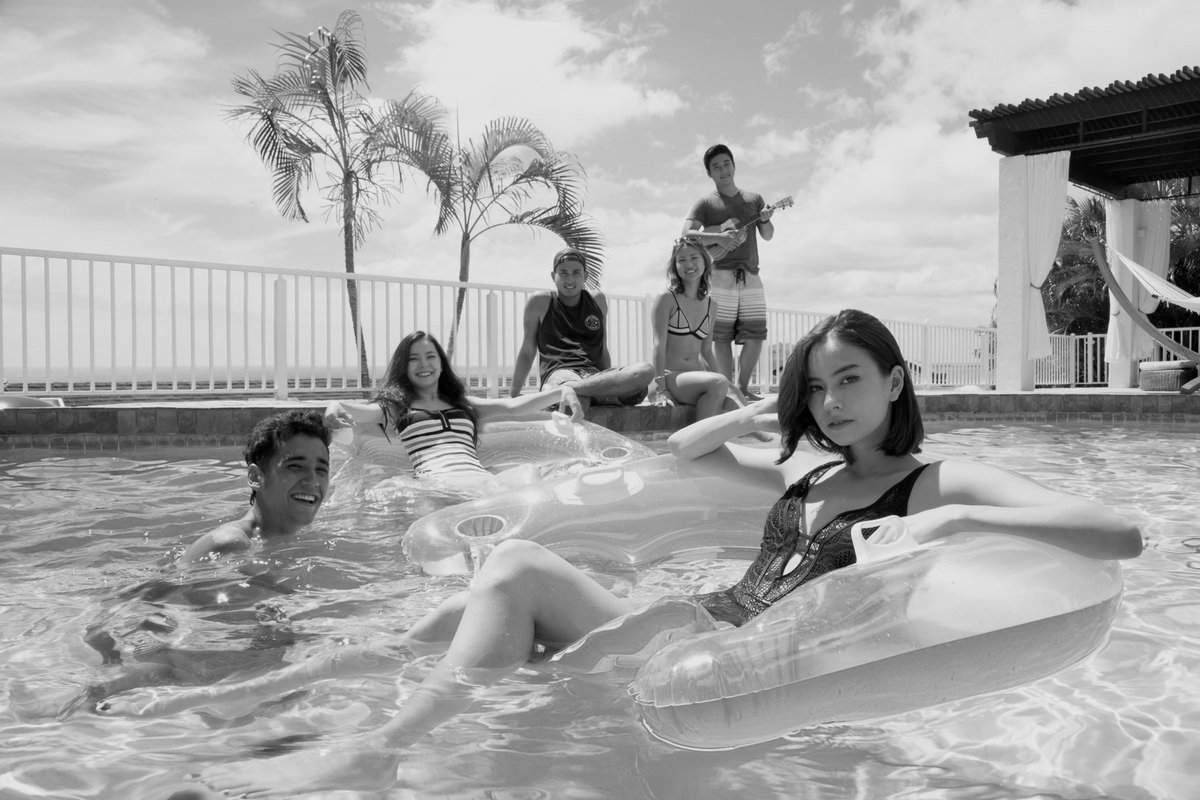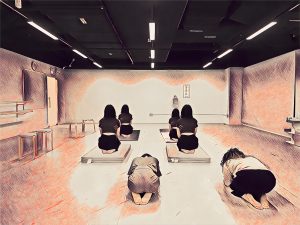Unlike American reality TV which thrives on bad attitudes and explosive drama, Terrace House is lowkey and restrained. People are conflict-avoidant to a fault, and everyday conversation is peppered with banal pleasantries. Even a regular day at school demands cheers of “Good luck!”
Prior to the latest season of Terrace House, the show has only ever been filmed in Japan. As such, clumsy social encounters can seem like isolated moments. You eventually get used to them, and you trudge through episode after episode in anticipation of the fiery theatrics that can take a while to come but make it all worthwhile.
With Terrace House: Aloha State, all of this Asian restraint has been taken out of Japan to crash headlong into Western society. 3 out of the 6 residents come from heavily Americanised backgrounds, and have no problems dishing out confrontation like daily compliments.
From a simple discussion about room chores to a character (Eric) getting called out for his insensitive behaviour, all of this happens really quickly as compared to previous seasons.
It’s incredibly refreshing, and with each of us surely rooting for our own favourite characters, Terrace House continues to deliver on its promise of compelling, spontaneous reality TV.

But we also don’t realise that Terrace House is so captivating because it’s a reminder of how predictable we all really are. That to a large extent, most of us exist as cliches and stereotypes.
Yuya, for one, embodies the atypical aspiring actor. He’s tall, relatively attractive, and completely unmotivated. He’s always just “killing time,” and has absolutely no emotional intelligence at all. When he tries to assure Avian that his interest in her is genuine, he ends up throwing a minor hissy fit instead of putting her confusion to rest.
He tells her, “But I asked you out. Why would I ask you out if I didn’t like you?”
He says this as though this is all it takes to win someone over. When she continues to stare at him in pained silence, he leaves her outside alone in the cold. Immediately, we conclude that because he’s young and likely always been popular with girls, he doesn’t know how to navigate the more complex feelings of someone clearly more mature than he is.
Like Yuya, all the other characters are people we encounter in life everyday.
Lauren is pretty, and the first one I pegged as a bimbo. As it turns out, she’s dreadfully sensible—to the point that everyone is secretly terrified of her. She can be selfish in a way that I completely sympathise with as well.
While she acknowledges her introversion, she has little to no tolerance for being made to participate in the meaningless rituals of daily social life. It’s almost unsurprising when she’s let go from her job at a yogurt shop. She probably just wasn’t making enough small talk.
Eric is the hyper-independent type who, because he likes to do things on his own, can be a bit dense at times. Yusuke might be a phenomenal guitar player, but his inexperience with girls is surely a familiar affliction we’ve all dealt with at some point. And then there’s Naomi, who just wants to be liked.
This is where the magic of Terrace House truly lies. All these characters come together to create the same parade of formulaic characters. They’re as typical as they come, yet it doesn’t get tiring.

Essentially, Terrace House is a metaphor for the world we live in. Everyday, we run into people who are lost, socially awkward or just trying to figure things out. We might all express ourselves differently, but in many ways we are more alike than we’d be willing to admit.
This makes watching Terrace House like looking into a mirror. We discover moments of empathy in the struggles to say or do simple things that are still just so damn hard. None of this relationship or chasing-your-career stuff is new, but the agony never changes.
It’s unlike American reality TV where simple problems requiring simple solutions can be amplified to the point of tears. It’s so contrived and unbelievable that you can’t relate to any of it.
Sure, some may say that this makes it exciting. That in contrast, nothing happens in Terrace House.
But nothing truly happens in real life either. Or maybe a lot does. Whatever it is, it doesn’t matter. Like the characters in the show, we’re all just trying to live our lives. And we recognise that filling it with drama does not make us better or more interesting people.






